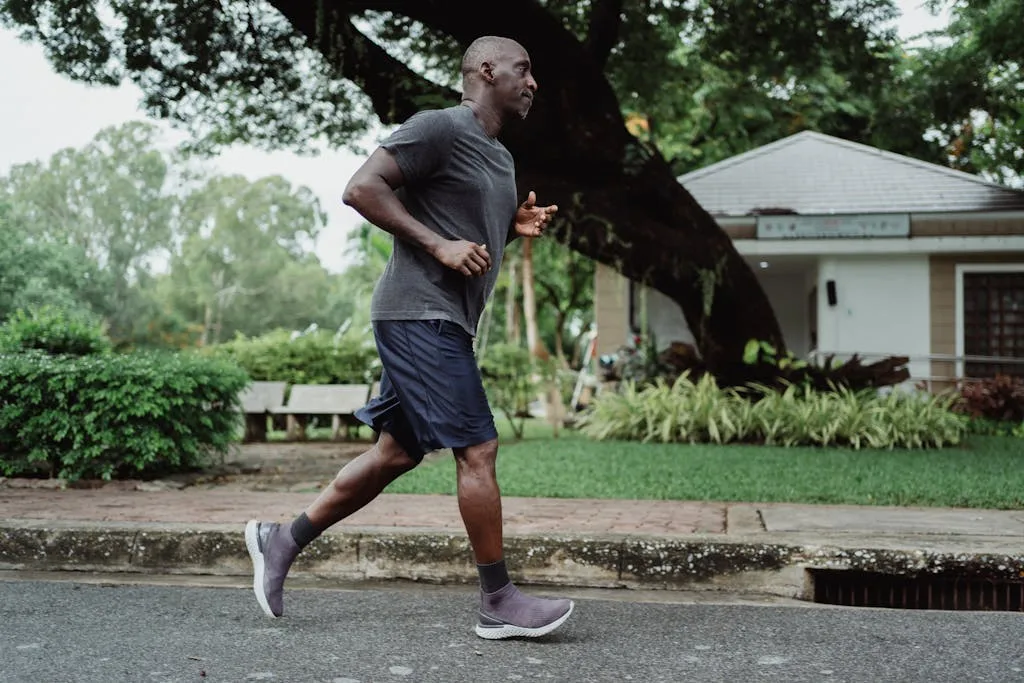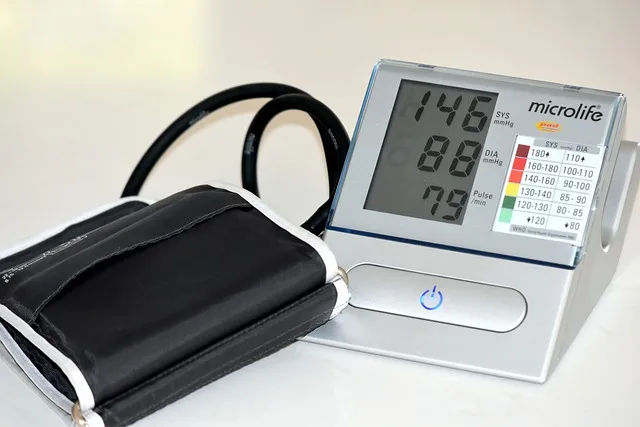Stress is a natural part of life that everyone experiences at some point. It happens when we face challenges or demands that feel overwhelming such as work pressure, financial issues, loss of loved ones, or health concerns. While a little stress can motivate us to act, too much of it can harm our mental and physical health. Therefore, understanding stress and how to manage it is essential for maintaining overall well-being.
Stress management is not about eliminating stress completely but learning how to handle it in healthier ways. We’ll explore simple, proven techniques to help you reduce stress and regain balance in your daily life.
What negative effects does stress have on my overall health?
When stress is not well managed, it can cause health problems like:
- Heart disease
- Stroke
- Headaches
- High blood pressure
- Muscle pains
- Heart attack
- Anxiety or depression
- Weight gain
- Weak immune system
- Digestion problems (leading to constipation or diarrhea)
- Difficulty sleeping or excessive sleepiness
- Poor memory and concentration issues
Chronic stress can also affect your social relations and may push one towards unhealthy coping habits like smoking, excessive alcohol intake, and eating disorders.
15 simple stress management techniques you can add to your daily routine
Stress management requires consistent effort. Incorporate these techniques into your daily routine gradually. You might not be able to utilize all of them and that’s fine. Effective stress management techniques you can choose from include:
Exercising regularly
Regular exercise is one of the most effective ways to manage stress. Physical exercise helps your body release endocannabinoids, which are natural chemicals that improve mood, reduce feelings of anxiety, reduce blood pressure, improve memory and focus. It also lowers levels of stress hormones like cortisol, helping you feel more relaxed.
Exercise doesn’t have to mean hours at the gym; even simple activities like walking, jogging, dancing, or swimming can make a difference. The most important thing is to find an activity you enjoy, so it feels like a break rather than a chore.
Consistency is key. Aim for at least 30 minutes of physical activity, at least 5 days a week.
Mindfulness and meditation
Mindfulness involves paying full attention to the present moment without judgement, helping you let go of worries about the past or future. Meditation takes this a step further by training your mind to focus and relax deeply.
You can start small, with just a few minutes each day. Sit in a quiet place, close your eyes, and focus on your breath. If your thoughts wander, gently bring your attention back to your breathing. Over time, this practice can help improve how you process emotions and manage stressful situations.
Deep breathing exercises
When you’re stressed, your breathing often becomes shallow. This can make you feel even more anxious. Deep breathing helps calm your nervous system, slow your heart rate and reduce blood pressure.
To try it, sit or lie down in a quiet place. Take a slow, deep breath through your nose, letting your stomach rise as you fill your lungs. Hold this for a moment, then exhale slowly through your mouth. Repeat this for a few minutes.
Maintaining a healthy diet
What you eat can influence how you feel. A balanced diet with plenty of fruits, vegetables, complex carbohydrates, and lean proteins can help regulate your mood and energy levels.
Foods rich in omega-3 fatty acids, such as salmon and walnuts, are particularly good for reducing stress.
Avoid excessive caffeine, sugar, and processed foods. These can increase feelings of anxiety or irritability. Staying hydrated and eating regular meals can also help stabilize blood sugar levels, preventing mood swings and fatigue.
Getting enough sleep
Sleep is essential for managing stress, but stress often makes it hard to sleep. Poor sleep can lead to irritability, difficulty concentrating, and heightened stress levels. This can create a dangerous cycle of sleeplessness and stress. Developing a good sleep routine can help break the cycle.
Tips to help you get better sleep include:
- Go to bed and wake up at the same time every day, even in weekends.
- Create a relaxing bedtime ritual, such as reading, taking a warm bath, or meditating just before you sleep.
- Avoid screens 30–60 minutes before bed.
- Ensure your bedroom is quiet, dark, and cool.
- Do not smoke or take alcohol, tea, or coffee before bedtime.
Better time management
Feeling overwhelmed frequently comes from trying to do too much in too little time. Learning to manage your time effectively can reduce stress and help you stay organized.
You can manage your time better by:
- Making a to-do list and prioritizing tasks. Use tools like an Eisenhower Matrix to help you get started on task prioritization.
- Break larger projects into smaller, manageable steps.
- Use tools like calendars or planners to keep track of deadlines.
- If possible, delegate tasks to other people who can take care of them.
- Learn to say no to requests whenever you’re over committed.
Connecting with others
Talking to someone you trust can be incredibly comforting when you’re stressed. Sharing your feelings helps lighten the emotional load and gives you a new perspective on the situation. Building and maintaining strong relationships also provides a support system during tough times.
Make an effort to spend quality time with family, friends, or colleagues. If you find it hard to make friends, start by joining a group with shared interests. You can also call, text, or email an old friend to reminisce about the moments you shared or catch up on each other’s life progress.
Taking breaks and rest
Continuous work or stress without breaks can quickly lead to burnout. Taking short breaks throughout your day helps your mind to reset and improves focus. Use your breaks to step away from your workplace, stretch, or go for a short walk. Even a few minutes of rest can refresh your mind and help you approach tasks with more energy.
Don’t allow other tasks to eat up your rest periods.
Engaging in hobbies and creative outlets
Create time for leisure activities that you like. Doing something you enjoy allows you to focus on the moment and forget about worries. It’s also a way to express yourself and boost your mood. Whether it’s painting, gardening, cooking, or playing an instrument, any activity can provide a healthy escape from stress.
Progressive Muscle Relaxation
Progressive Muscle Relaxation (PMR) is a technique that helps reduce stress by systematically tensing and then relaxing different muscle groups in the body. This practice promotes physical relaxation and reduces feelings of tension and anxiety.
To try PMR, start by finding a quiet, comfortable place to sit or lie down. Begin with your feet, tensing the muscles for about 5 seconds, then slowly releasing the tension. Move upward through your body, focusing on each major muscle group.
With practice, PMR can improve your awareness of physical stress and help you relax more effectively.
Aromatherapy
Aromatherapy uses scents from essential oils to promote relaxation and reduce stress. Certain oils, such as lavender, chamomile, eucalyptus, and peppermint have calming properties that can help lower anxiety and improve moods. Inhaling these scents activates the brain’s limbic system, which plays a role in emotions and stress regulation.
You can use aromatherapy by:
- Adding a few oil drops to a warm bath.
- Diffusing oils in your home.
- Applying them to your skin with a carrier oil like avocado or coconut oil.
Limiting screen time
Spending too much time on screens, whether it’s for work or leisure, can increase stress and strain your mental health. Endless scrolling on social media or exposure to negative news can also amplify feelings of anxiety.
Set boundaries for your screen use. You can choose to limit time on devices before bed, or designate “screen-free” periods during your day. You can also download apps that help you track your screen usage and block distracting notifications and apps for chosen periods of time.
To create a healthier balance, substitute screen time with offline activities like reading, exercising, or spending time with loved ones.
Volunteering or helping others
Engaging in acts of kindness or volunteering can be a powerful stress management strategy. Helping others gives you a sense of purpose, strengthens social connections, and shifts your focus away from previous worries. Whether it’s assisting a neighbor, mentoring a younger person, or volunteering at a local charity, even small acts can make a big difference for you and those you help.
Laughing more
Laughter is a natural and effective way to manage stress. It triggers the release of endorphins—the body’s feel good chemicals. Endorphins help reduce tension and improve mood. Laughter also lowers levels of stress hormones like cortisol and adrenaline. This improves blood circulation and relaxes muscles.
Spending time with funny friends, watching a comedy show, or even practicing laughter yoga can help you laugh more often. Even anticipating a funny situation can reduce stress. Over time, laughter not only lightens your mood, but also strengthens your resilience in dealing with life’s challenges.
Seeking professional help when needed
Sometimes managing stress on your own can feel overwhelming, especially if it begins to affect your daily life or relationships. Seeking professional help is a positive step towards regaining control and improving your well-being. Therapists, counselors, and psychologists are trained to provide support and teach coping strategies tailored to your situation.
Cognitive Behavioral Therapy (CBT) is one effective method professionals use to help individuals manage stress. It involves changing negative attitudes, problematic thought patterns, and their associated behaviors.
If stress is causing physical problems like headaches, high blood pressure, or digestion problems, consulting a medical professional is also important. A healthcare professional can help rule out underlying conditions and recommend treatments or lifestyle changes to reduce stress effectively. Remember, asking for help is a sign of strength, not weakness.
What should I remember?
Stress can take a toll on both your physical and mental health, leading to issues like high blood pressure, headaches, fatigue, anxiety, and depression. Managing stress is crucial to avoid these negative effects and improve your overall well-being. Simple techniques like exercising regularly, practicing mindfulness, or connecting with loved ones can help you stay calm and balanced even during challenging times.
You don’t have to do everything at once—start with one or two techniques that feel right for you. Maybe take a short walk today or try a quick meditation session. Over time, these small changes can add up and help you build a healthier, more balanced life.
Remember, stress management isn’t about perfection; it’s about finding what works best for you.












